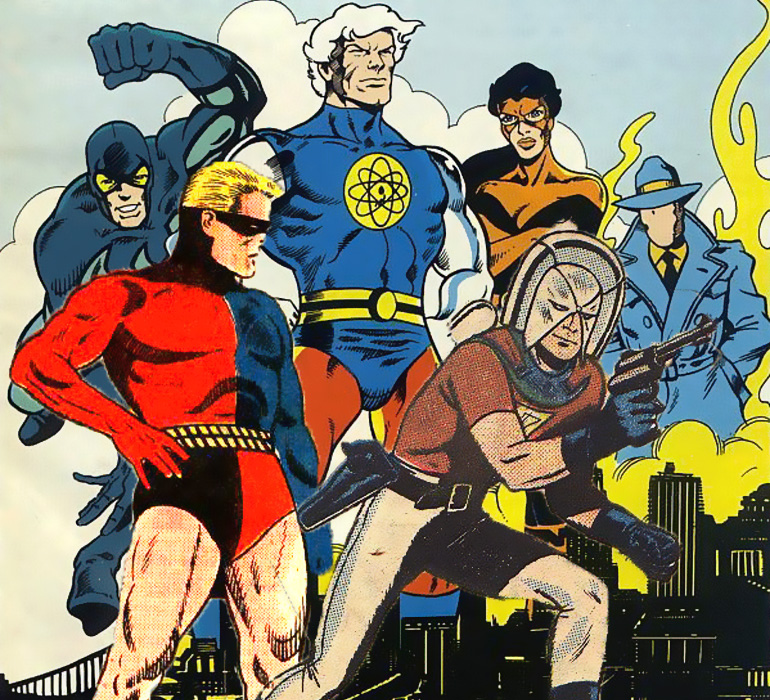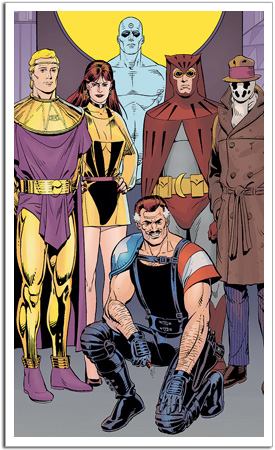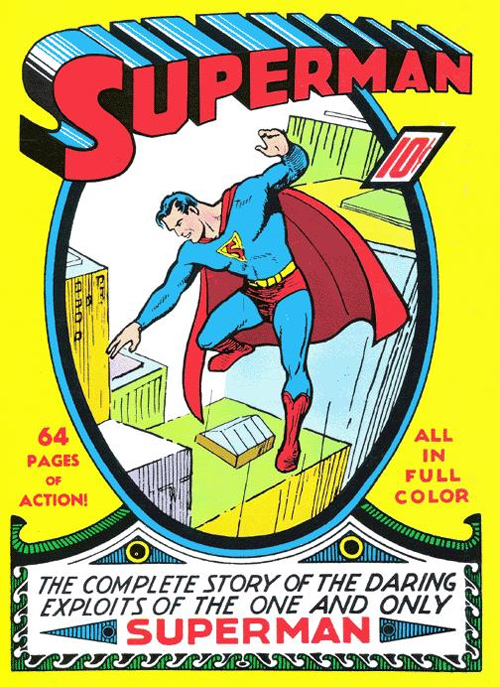As an author, this article/review really fascinates me even if the author and book in question are complete unknowns and, based on the plot description of the novel’s re-release, I would probably not buy and read it either:
Dark Debts: Revised Edition by Karen Hall, a review by Laura Miller
Why the fascination with this particular review? Because the novel in question, Dark Debts, was originally released in 1996 and, in a rather unusual move, it is now being re-released in a “revised” edition. According to Ms, Miller’s review, the novel is…
extensively rewritten, with a new character and a changed ending.
The author of the novel, Karen Hall, is a veteran writer for TV programs such as M.A.S.H. and Moonlighting and Dark Debts is her (so far anyway) only novel.
I’ll spoil the review a bit by stating Ms. Miller ultimately feels that while the new version of the book is more polished the original, less polished version had, in her words,
the feverish air of a dispatch sent directly from the field of battle, complete with bloodstains, a whiff of gunpowder and a vivid sense that the stakes are life and death, even if it’s not always clear who’s on which side.
So the original work, in Ms. Miller’s opinion, while less polished just feels more alive and dangerous than the “cleaner” work now released.
Which brings me to the whole issue of artists releasing “revised” versions of their previous works. While it is something of a rarity in the novel industry (Ms. Miller notes this in her review) it is something we’ve seen plenty -maybe even too much of!- in the movie and music industry and to varying degrees of success.
Look, I’m all in favor of an artist going back to their original work and “fixing” things they were dissatisfied with…as long as the ORIGINAL work is still available to be seen.
Many would site Example A of “How to absolutely piss off fans of a popular work of art” in the way director/producer George Lucas has handled the original three Star Wars movies. Mr. Lucas, according to many interviews and statements, was never satisfied with the movies as originally released and soon began tinkering with them.
Today, audiences cannot legally procure a “original” edition of 1977’s Star Wars as originally released to theaters. Similarly, the original theatrical versions of Empire Strikes Back and Return of the Jedi are also unavailable and Mr. Lucas has again and again stated he would not release them, much to the chagrin of many who long to see the version of the movies they originally fell in love with way back when. If you want to see these films, you’re forced to purchase the “Special Editions” which, effectively, are reworkings with added (often unnecessary) special effects.
In the music industry, there have been many “remastered” editions of popular albums and their quality varies. I’m a fan of the early works of the heavy metal band Megadeth and, a few years back, “remastered” editions of those early albums were released. Even though they were supervised by Megadeth frontman Dave Mustaine, I found the reworked songs for the most part inferior to the original versions. Thankfully, I had the original releases so I could ignore the reworked ones.
Others may not be so lucky!
For my own part, I too indulged in a little revision of my past works. While on a small break from writing new works, I took the time to revise Haze, my very first novel. While it may not be the most popular work I’ve done, it has a special place in my heart because it was my first attempt to make a complete story in novel form and, I believe, I did a pretty good job for the first time out.
However, I knew the book probably needed a polishing. I’ve become a better author -I hope!- in the time between writing that book and now.
However, I decided going in that I would *only* do polishing where need be and try hard not to change the story in any radical way. In the end, I discovered only one section of the book, a section early on involving the protagonist having a bizarre nightmare, that as it stood was confusing and needed to be worked on for clarity’s sake. Otherwise, any other changes I made were grammatical in nature and didn’t alter the book at all.
As an artist, it’s safe to say you view your works as never “quite” being done. You can always do better even if others vociferously argue you’ve already hit the proverbial ball out of the park (I’m looking at you, George Lucas).
Part of gaining experience in whatever artistic field you’re involved in is, hopefully, getting better at your craft so naturally when you look back at the works you produced beforehand you feel they could have been better.
The temptation to return and “fix” those works is strong but so too is the desire to move on and create new works. I suspect the revision (small though it ultimately was) I did on Haze will likely be the only major revision I do for any of my works. Sure I may go back and clean up grammatical errors (I’ve spotted a few in my previous books…it unfortunately happens to the best of us!), but otherwise I’m too focused on producing my next work to “go back” and revise something I’ve already revised so many times while in the process of making it “releasable”.
Speaking of which, I’m almost half-way done with entering the revisions for the 7th draft of Corrosive Knights Book 6. Because I’m looking at being busy next week, I’m trying mightily to finish the corrections on the computer and printing out that revised draft. If I can start up draft #8 by this weekend I’ll be a very happy man…
Like this:
Like Loading...


+pagecover.jpg)



